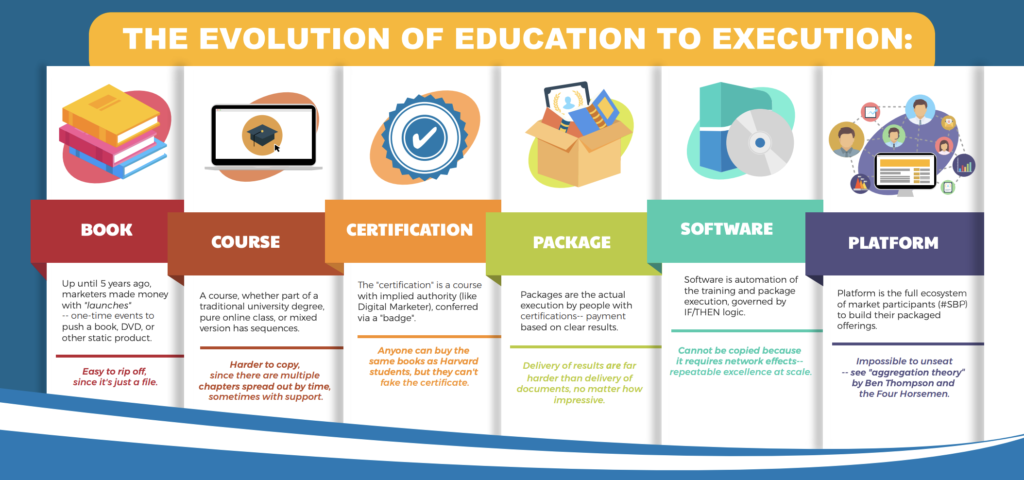Store owners and local businesses– not everyone NEEDS to make it to your website.
In retail, we can and should expect that people who are exposed to our messaging, will just come into the store. The lower the price of the time, the less likely a consumer needs to have a website visit as an intermediate step. Consider the last time you had fast food or bought something at […]
Store owners and local businesses– not everyone NEEDS to make it to your website. Read More »
